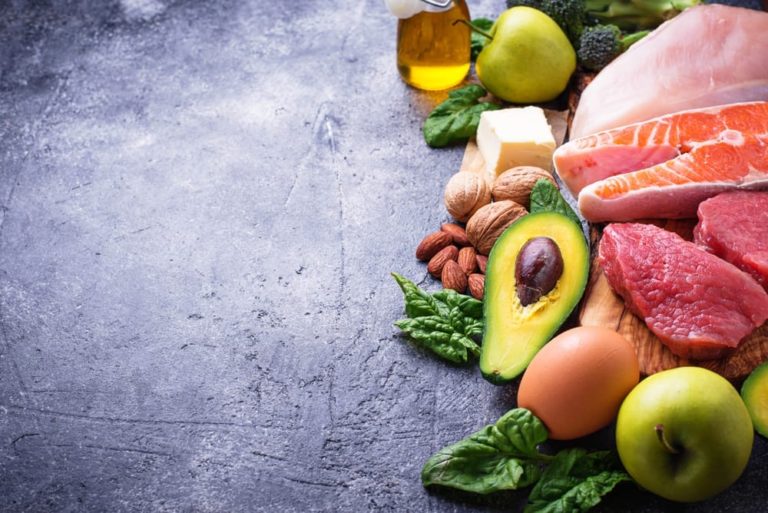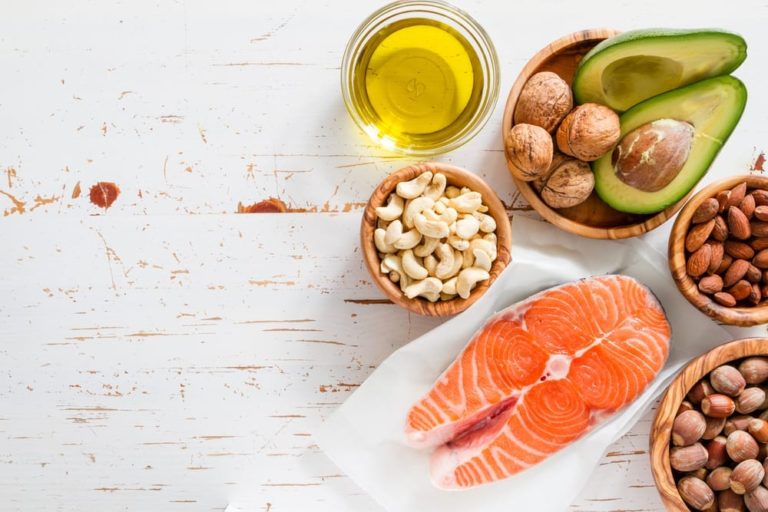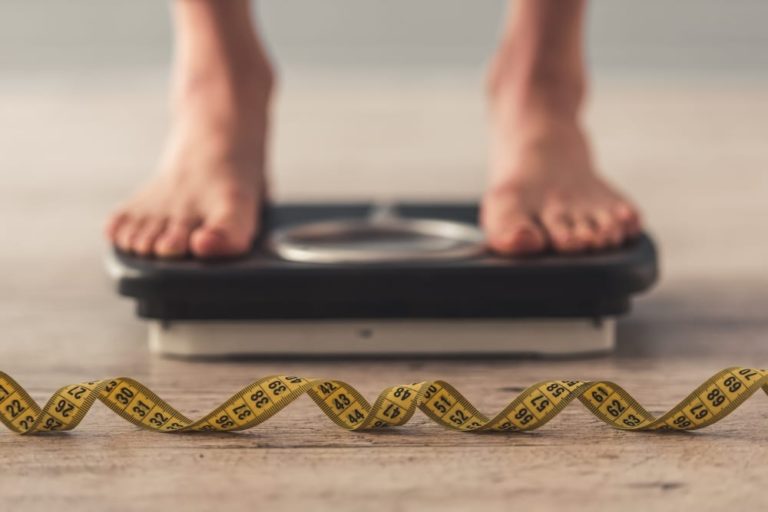We described what a refeed is and how to distinguish it from a cheat day yesterday in the article“Cheat Day vs. Refeed.”
A refeed is useful for all people who follow a very low-carbohydrate diet (under 30-50 g of carbohydrates per day) for a longer period of time and do this diet for more fitness, well-being and a weight loss.
Individuals who are on a very low-carbohydrate or ketogenic diet for health reasons, such as supportive cancer treatment, should not refeed. Although a long-term ketogenic diet may show a few side effects, the focus here is clearly on supporting recovery.
1. when should a refeed be performed?
We always recommend at least 30 days of strict low carbohydrate / ketogenic diet at up to 30 g carbohydrates – without interruption. Only in this way can the metabolism adapt ideally to the new food composition. Normal weight individuals should refeed after a maximum of 3 months on a ketogenic diet (at less than 30 g carbohydrates). A low carb diet with 30-50 g of carbohydrates can usually be followed for a few months longer without a refeed.
Overweight people can usually manage 6 months on a strict ketogenic diet at a time, but should keep an eye out for the symptoms described below.
A strict ketogenic / low-carb phase should be followed by 4 weeks of once-a-week refeeds. During this time, you should closely observe how the refeed affects your state of mind. After the 4 weeks with Refeed, 1-3 months of strict ketogenic / low carbohydrate phase can follow again. Depending on the fitness, decrease and well-being.
2. how does a refeed work?
On the day of the refeed there are much more carbohydrates than usual. While on a normal low-carb day you’re looking at 30-50 grams of carbs, the refeed should be 100-200 grams of carbs. Ideally, the largest amount of these carbohydrates is consumed at dinner. Strength training before a meal helps prepare the muscles to absorb and store carbohydrates.
Refeed should only be done with healthy, gluten-free carbohydrate sources. Suitable sources are listed in the article“Cheat Day vs. Refeed“. In this way, the desired biochemical reaction is achieved without side effects.
3. how do I know that I should do a refeed?
A severely low carbohydrate / ketogenic diet is a certain stressor for the body. As in any area of life, stress caused by nutrition can be positive or negative. As long as the “stress” is moderate, the body is challenged to increase fat burning and the metabolism is positively stimulated.
Imagine your body has a big barrel in which it can absorb stress. That’s where the stress from your personal life drips in, that’s where the stress from work collects, and that’s where the stress from sports collects (yes, sports are also a stressor – positive or negative – it’s the dose that makes it). If this barrel is not yet too full, your body easily puts away a long-lasting ketogenic diet and is positively stimulated by the stress. But if the barrel is always just about to overflow, the stress of nutrition can still bring the last drop that fills the barrel.
Translated into biochemistry, your stress is your cortisol level.
To keep your barrel from overflowing, you should provide regular relaxation. In the field of low carb diet, a relaxation is such a refeed. It can get a stagnant weight loss back on track, improve sleep, and get your stress resistance back on track.
It’s probably time for a refeed if you notice one or more of the following:
- Sleep is worse than when you started the low-carbohydrate diet
- You have the feeling to regenerate slower and slower after the sport
- Your weight loss is stagnant, although it went well at the beginning with a low-carbohydrate diet
- You no longer have the fitness from the beginning and get out of bed worse in the morning
- You have dry eyes or a dry throat
Among other things, a refeed affects the hormone leptin, whose release is promoted by carbohydrates. A prolonged low-carbohydrate diet lowers blood leptin levels. This signals to the body that its reserves are running low and that it should urgently save energy. The hormone also affects the thyroid gland and the female cycle.
For background info on leptin and the refeed, be sure to read our article on hormones from fat tissue.










